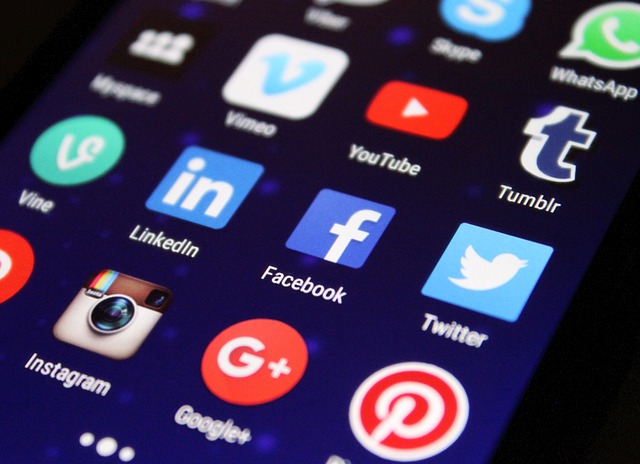The Impact of Social Networks: Exploring the Influence of Social Media on Today’s Society
In an age where staying connected is easier than ever, social networks have woven themselves into the very fabric of our daily lives. The instantaneity of social media platforms such as Facebook, Twitter, Instagram, and TikTok has not only changed the way we communicate but has also significantly influenced our society at large. The impact is profound, shaping our perceptions, behaviors, and, ultimately, our realities.
Social media’s ability to connect individuals across the globe is one of its most powerful features. Families separated by distance can maintain relationships effortlessly, friends can share life milestones, and communities can rally around causes with unmatched speed and efficiency. However, this connectivity brings with it a double-edged sword. While we benefit from the ability to share and engage with different perspectives, we are also exposed to a barrage of information that can be misleading or harmful.
Moreover, the curated nature of social media profiles often leads to the ‘comparison culture’ where users measure their worth against the highlights of others’ lives. This phenomenon can breed feelings of inadequacy and anxiety, particularly among younger generations. The filters and editing tools that make photos appear perfect can become tools of self-doubt, making it challenging to foster genuine connections in a space that thrives on projection.
The spread of information through social networks has also transformed how we approach news and current events. Traditional media outlets are no longer the primary sources for breaking news; instead, social media acts as a conduit for information, often prioritizing speed over accuracy. This shift has serious implications, particularly in the realm of misinformation and fake news. The viral nature of social media can amplify false information, leading to widespread misconceptions that can spiral out of control.
On the flip side, social networks have also become powerful platforms for social change. Movements such as #MeToo and Black Lives Matter have gained momentum through social media engagement, showcasing the potential for these platforms to be used for advocacy and awareness. Grassroots movements can gather support and attention at unprecedented levels, driven largely by the virality of social content. This democratization of information allows voices that were previously marginalized to gain traction and visibility.
As we navigate this complex landscape, it becomes essential to recognize the importance of digital literacy. Understanding how to discern credible sources from unreliable ones is crucial in a time when our information is often just a click away. Social networks have the ability to bridge gaps and foster understanding, but they also require us to be active, informed participants in the conversation. Investing time in critical thinking and engaging with diverse perspectives can help mitigate some of the negative effects that arise from social media consumption.
In summary, the influence of social networks is an integral part of contemporary society. From connecting friends and families to sparking global movements, social media has reshaped our interactions and perceptions. As we continue to navigate the vast digital world, it is our responsibility to harness its potential for good while remaining mindful of its challenges. The balance lies in engaging thoughtfully and purposefully with the spaces we occupy online, ensuring that social networks contribute positively to our collective consciousness.




